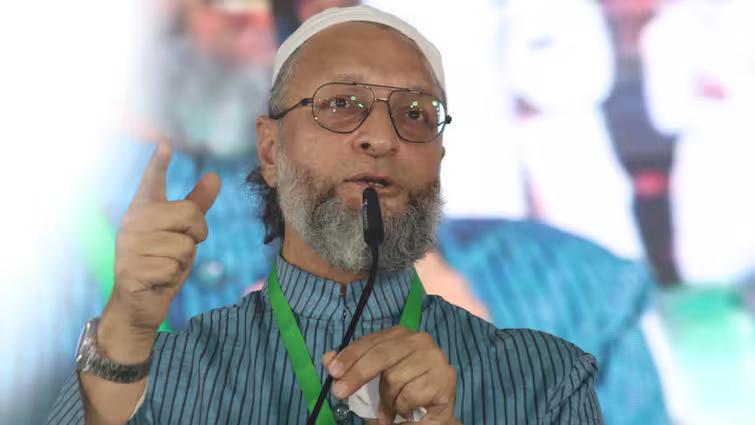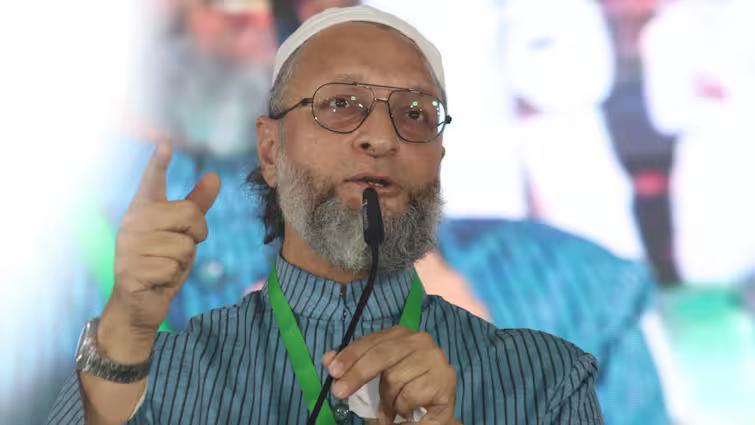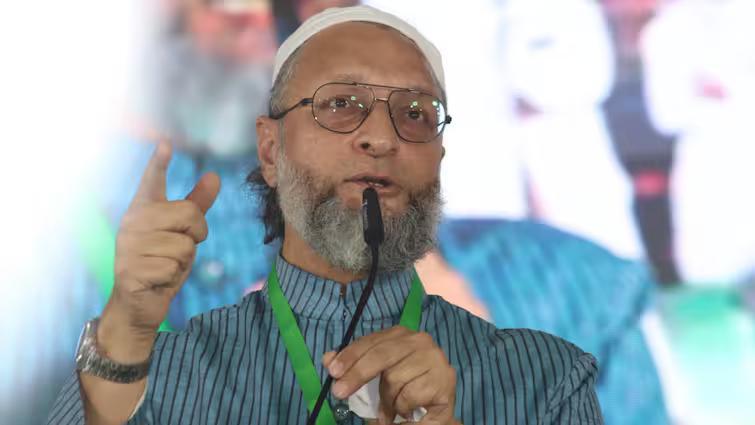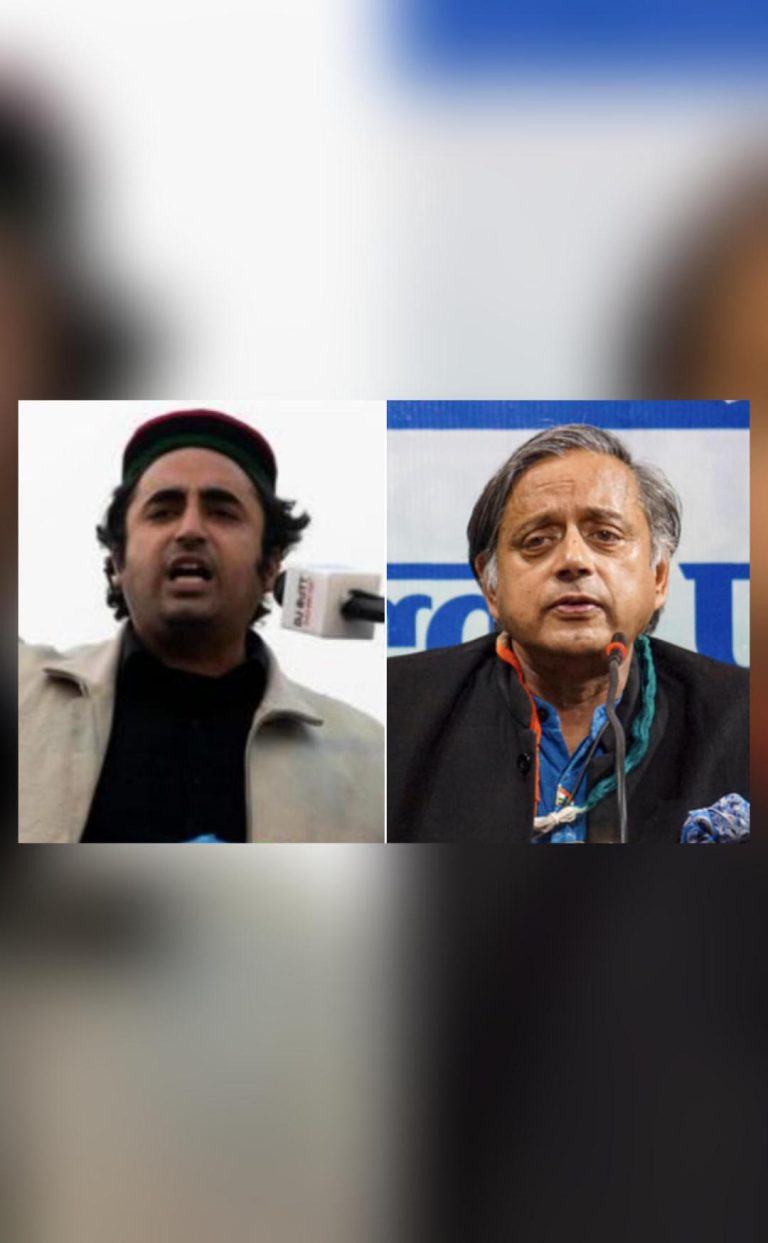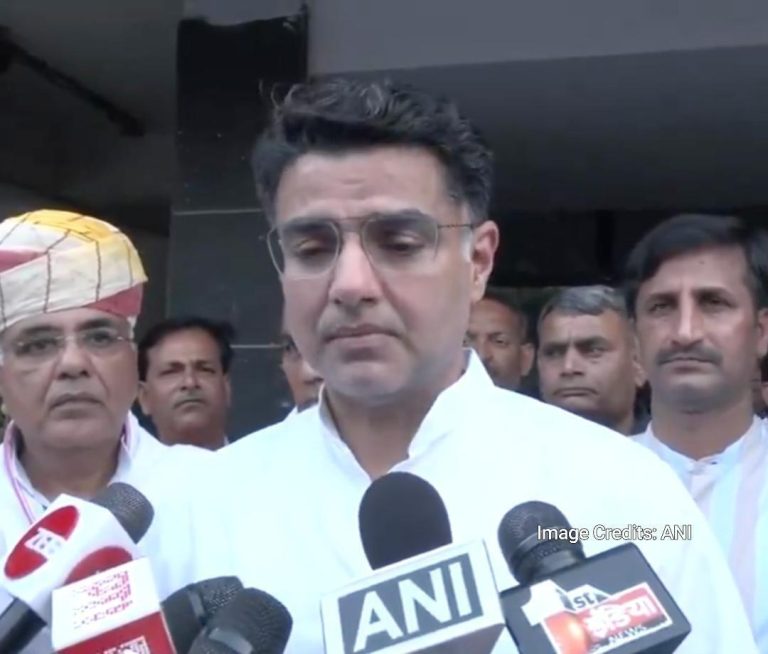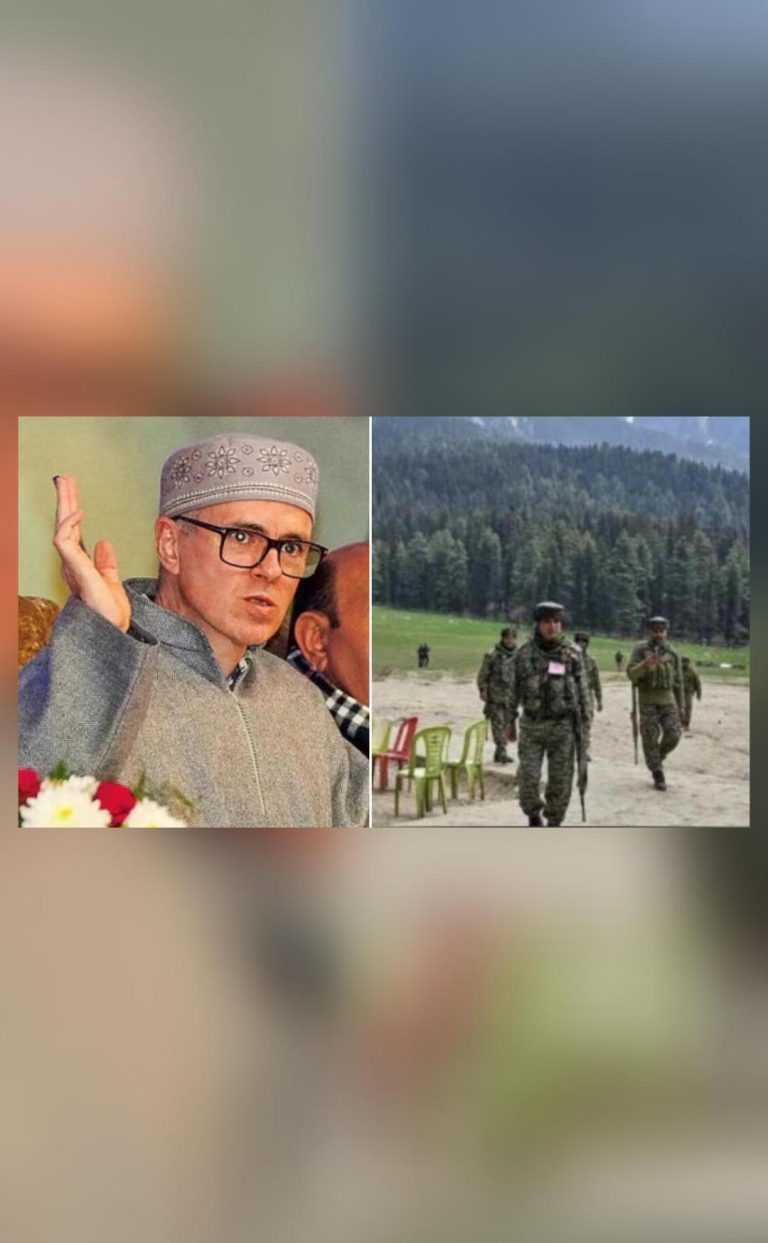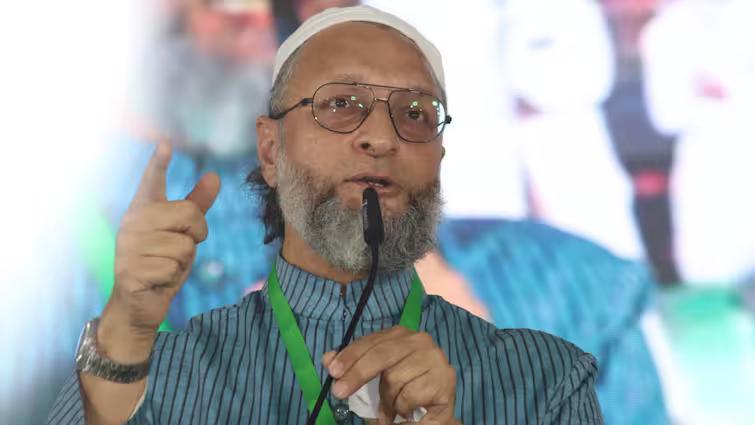
Pak acted like ISIS, India won’t sit quietly: Owaisi on J&K attack
In the wake of the recent Pahalgam terror attack in Jammu and Kashmir, which claimed the lives of 26 people, All India Majlis-e-Ittehadul Muslimeen (AIMIM) chief Asaduddin Owaisi has come out with a strong statement. Speaking to the media, Owaisi likened Pakistan’s actions to those of the Islamic State (ISIS), stating that if Pakistan enters a country and kills innocent people, India will not sit quietly.
The attack occurred on April 22, when a group of terrorists, believed to be affiliated with the Pakistan-based Lashkar-e-Taiba (LeT), opened fire on a bus carrying Hindu pilgrims in Pahalgam, a popular tourist destination in Jammu and Kashmir. The incident has sent shockwaves across the country, with widespread outrage and condemnation.
Owaisi’s statement, while strong, is not without context. Pakistan has a long history of supporting and harbouring terrorist organizations, including the LeT, which has been responsible for numerous attacks on Indian soil. The country’s military budget, which is significantly smaller than India’s, has been used to fund and support these groups, with the ultimate goal of destabilizing India and creating a sense of insecurity among its citizens.
Speaking to the media, Owaisi stated, “Pakistan acted like ISIS. They enter a country, kill innocent people, and then claim that they are fighting for a cause. But we will not sit quietly. If Pakistan enters a country and kills innocent people, India will not sit quietly.”
Owaisi’s remarks are a stark reminder of the reality that Pakistan’s actions are not limited to just supporting terrorism, but also extend to actively promoting violence and chaos in India. The country’s military budget, which is estimated to be around $12 billion, is significantly smaller than India’s military budget, which is around $70 billion. Despite this, Pakistan has been able to fund and support terrorist organizations, using its military budget to fund their activities.
India, on the other hand, has been at the forefront of the war against terrorism, with its military and security agencies playing a key role in combating terrorist organizations. The country’s military budget is one of the largest in the world, and is used to fund its military modernization program, as well as to support its security agencies in their efforts to combat terrorism.
Owaisi’s statement is also a reminder of the need for India to take a firmer stance against Pakistan’s support for terrorism. The country’s military budget is not just a reflection of its military strength, but also a reflection of its commitment to funding and supporting terrorist organizations. India needs to take a stronger stance against Pakistan’s support for terrorism, and to work towards isolating the country diplomatically and economically.
In recent years, India has taken several measures to counter Pakistan’s support for terrorism, including imposing economic sanctions and suspending trade agreements. The country has also increased its military spending, with a focus on modernizing its military and improving its capabilities to counter terrorist threats.
However, more needs to be done to counter Pakistan’s support for terrorism. India needs to work towards isolating Pakistan diplomatically and economically, and to make it clear that its support for terrorism will not be tolerated. The country also needs to work towards improving its own counter-terrorism capabilities, with a focus on strengthening its intelligence agencies and improving its ability to respond to terrorist threats.
In conclusion, Owaisi’s statement is a stark reminder of the reality that Pakistan’s actions are not limited to just supporting terrorism, but also extend to actively promoting violence and chaos in India. India needs to take a firmer stance against Pakistan’s support for terrorism, and to work towards isolating the country diplomatically and economically. The country also needs to work towards improving its own counter-terrorism capabilities, with a focus on strengthening its intelligence agencies and improving its ability to respond to terrorist threats.
